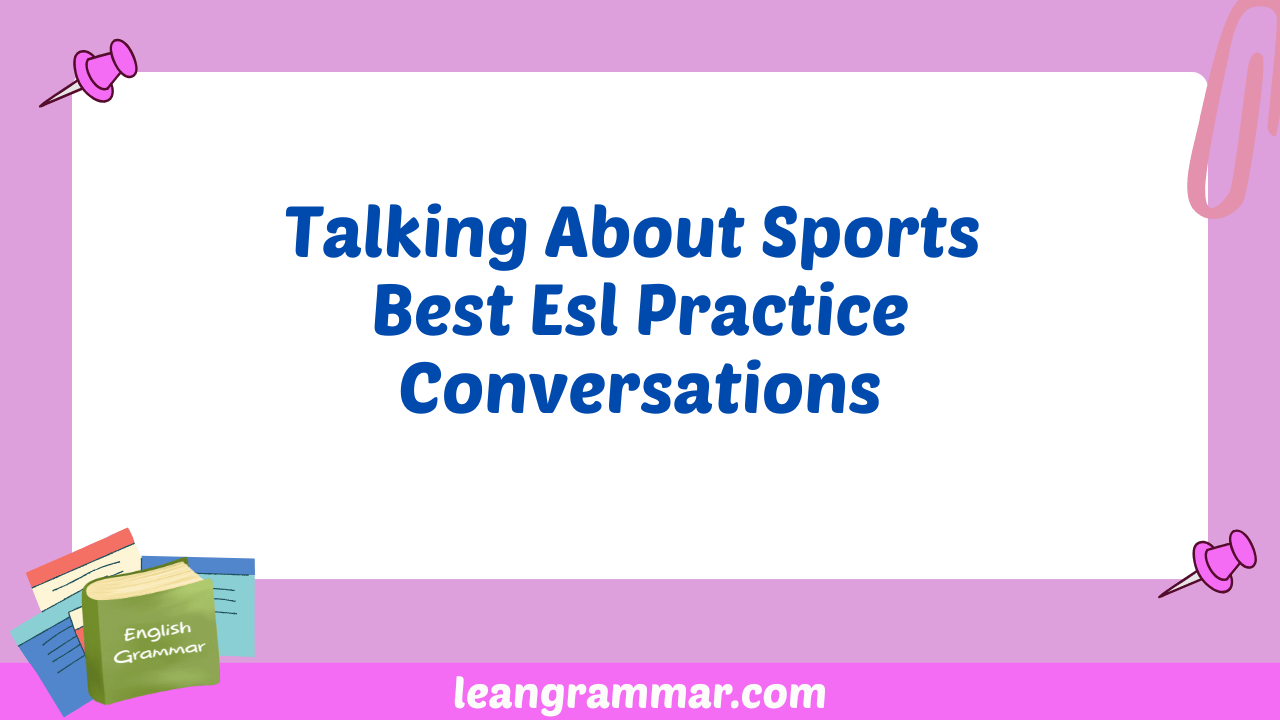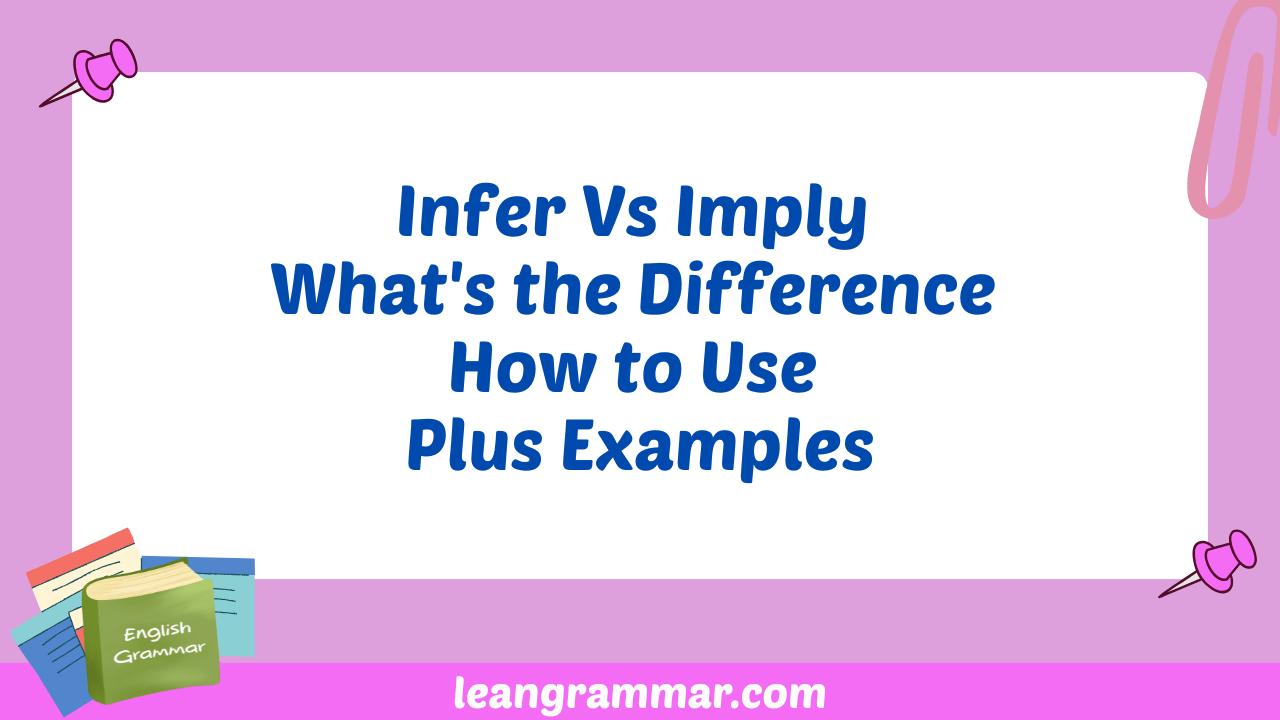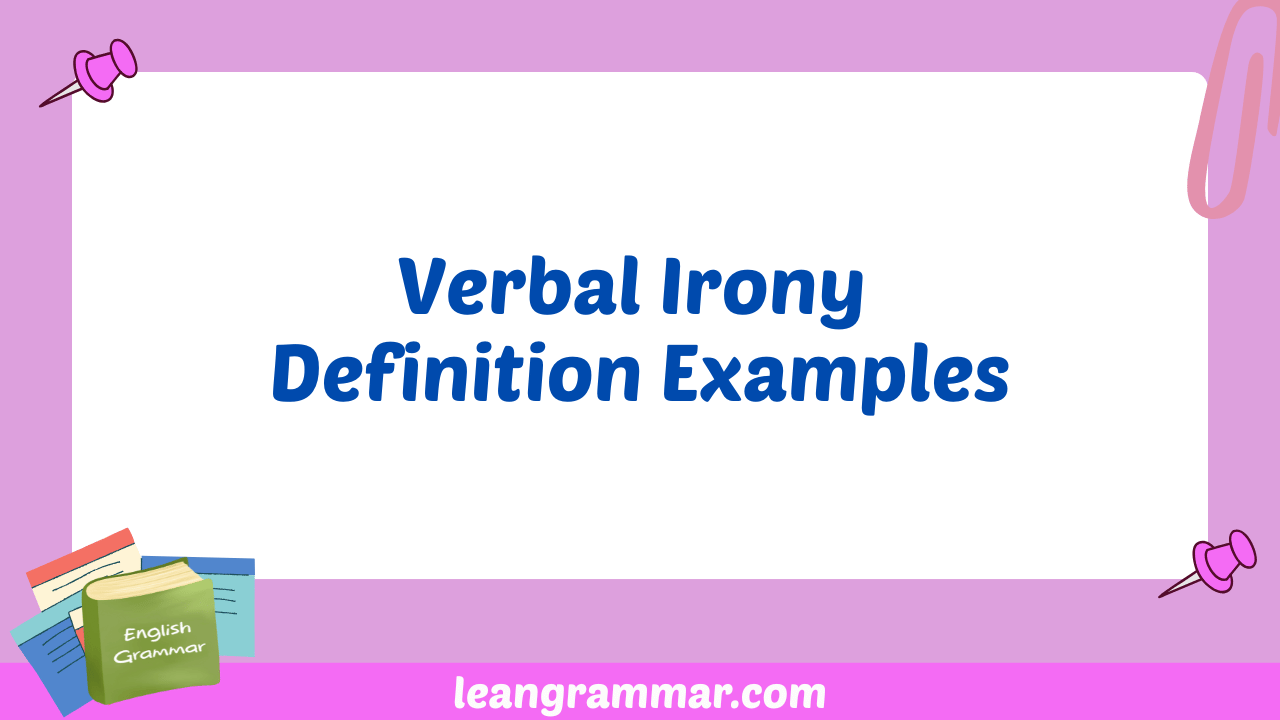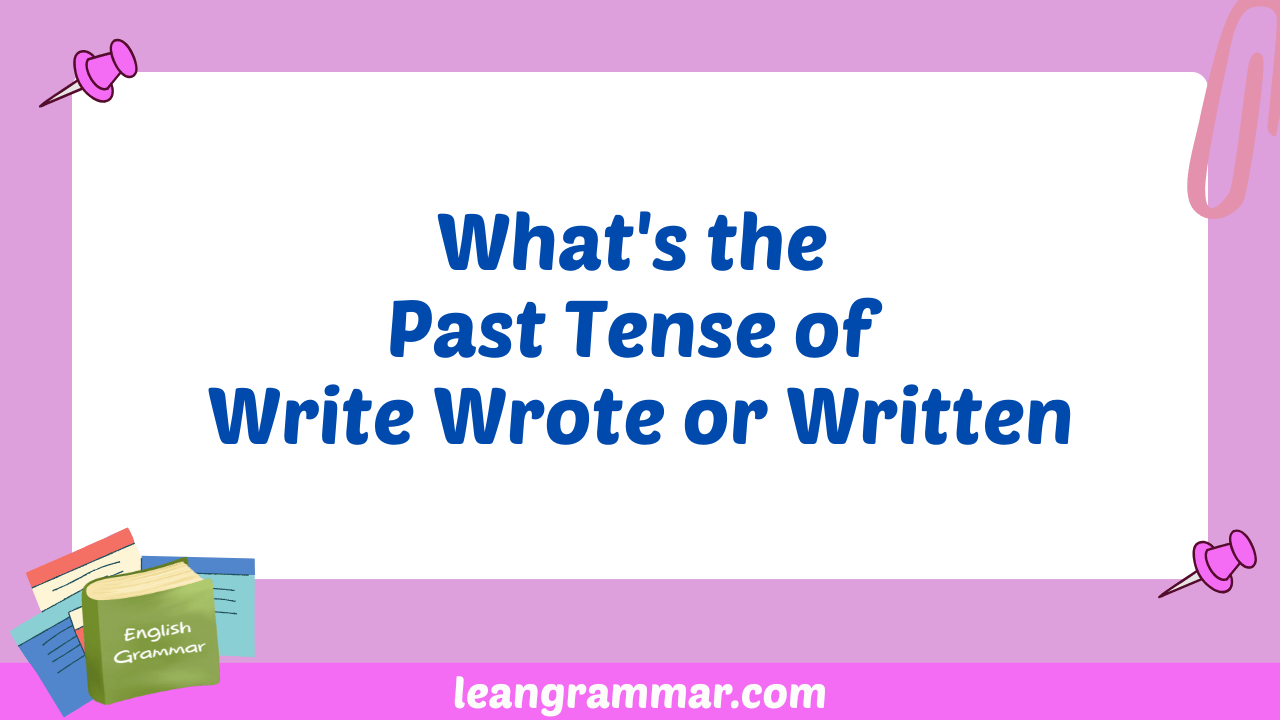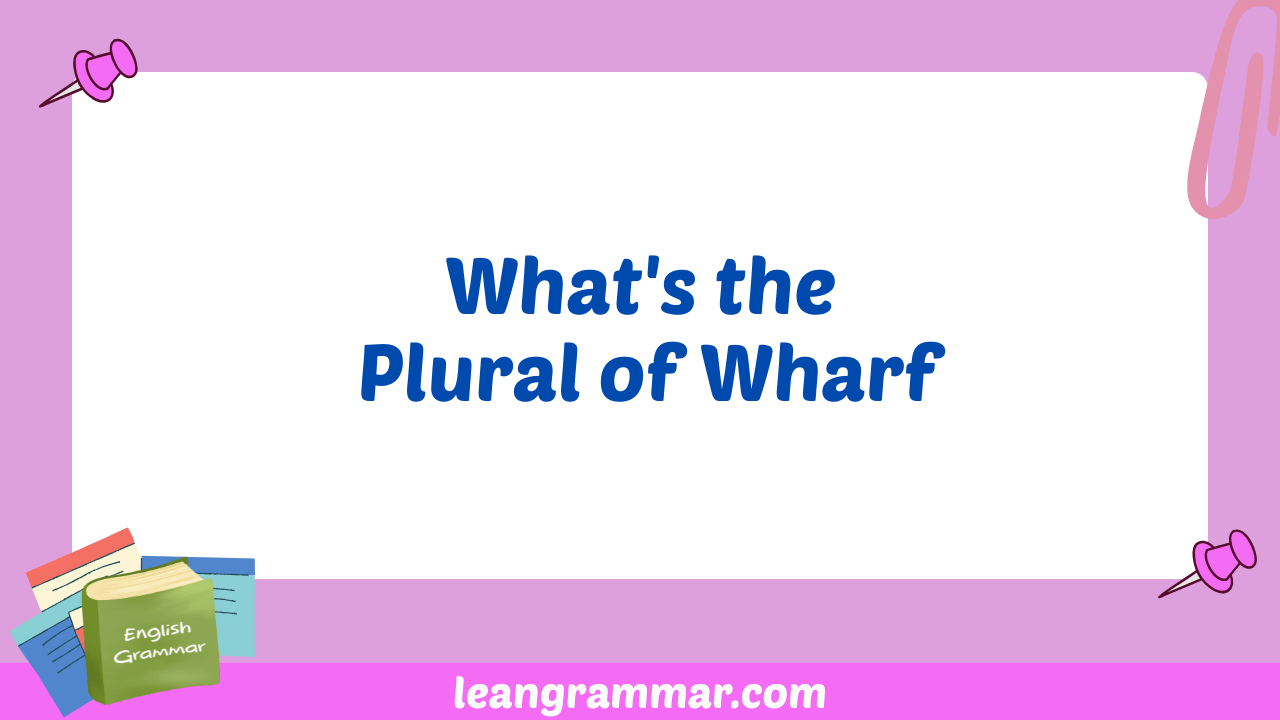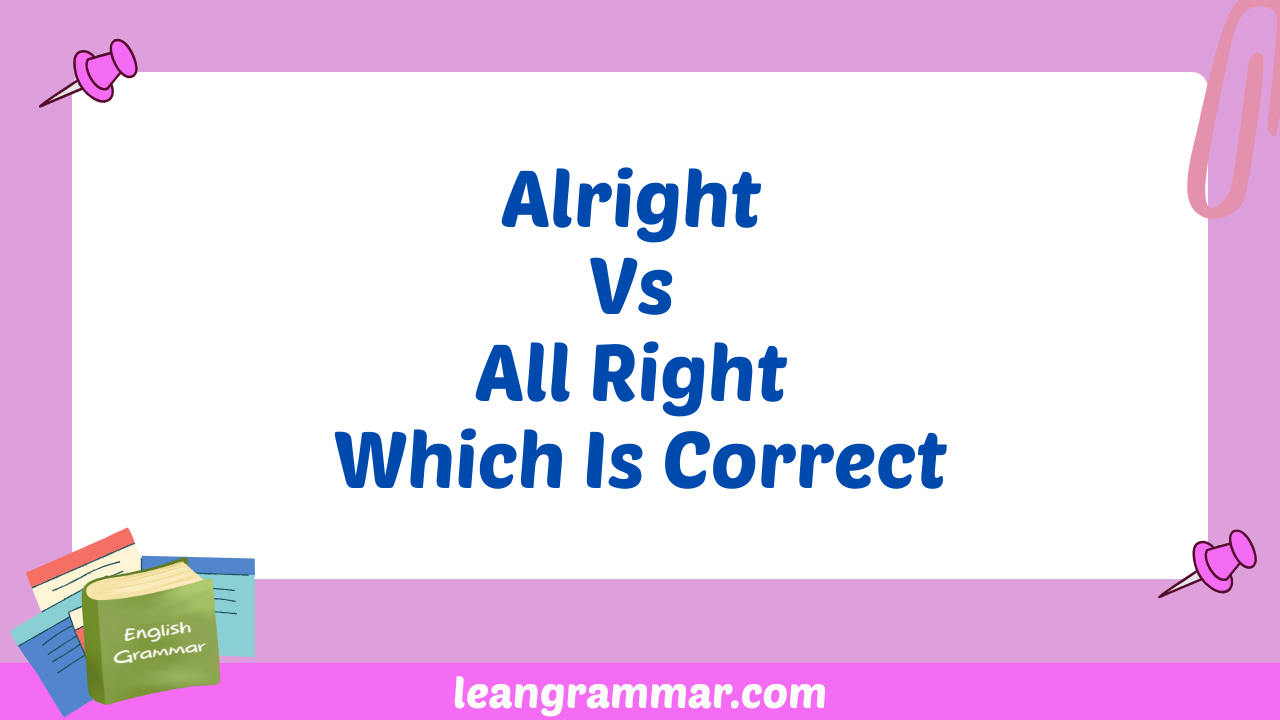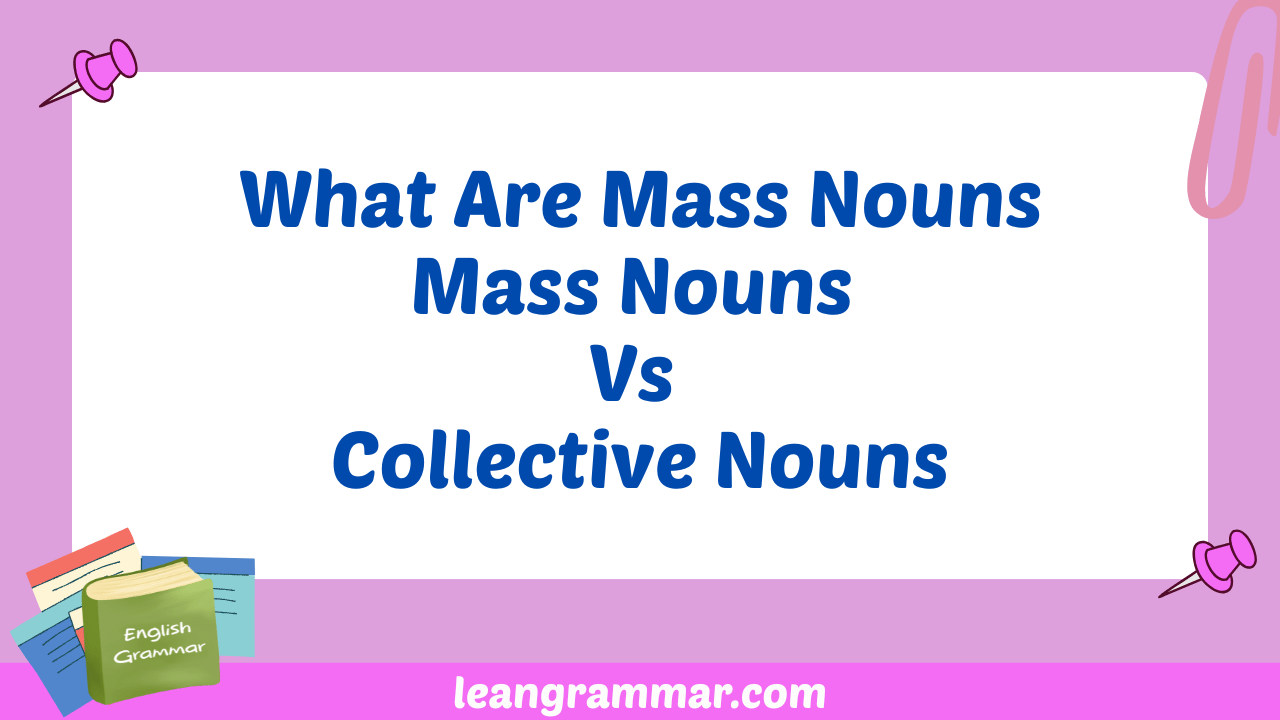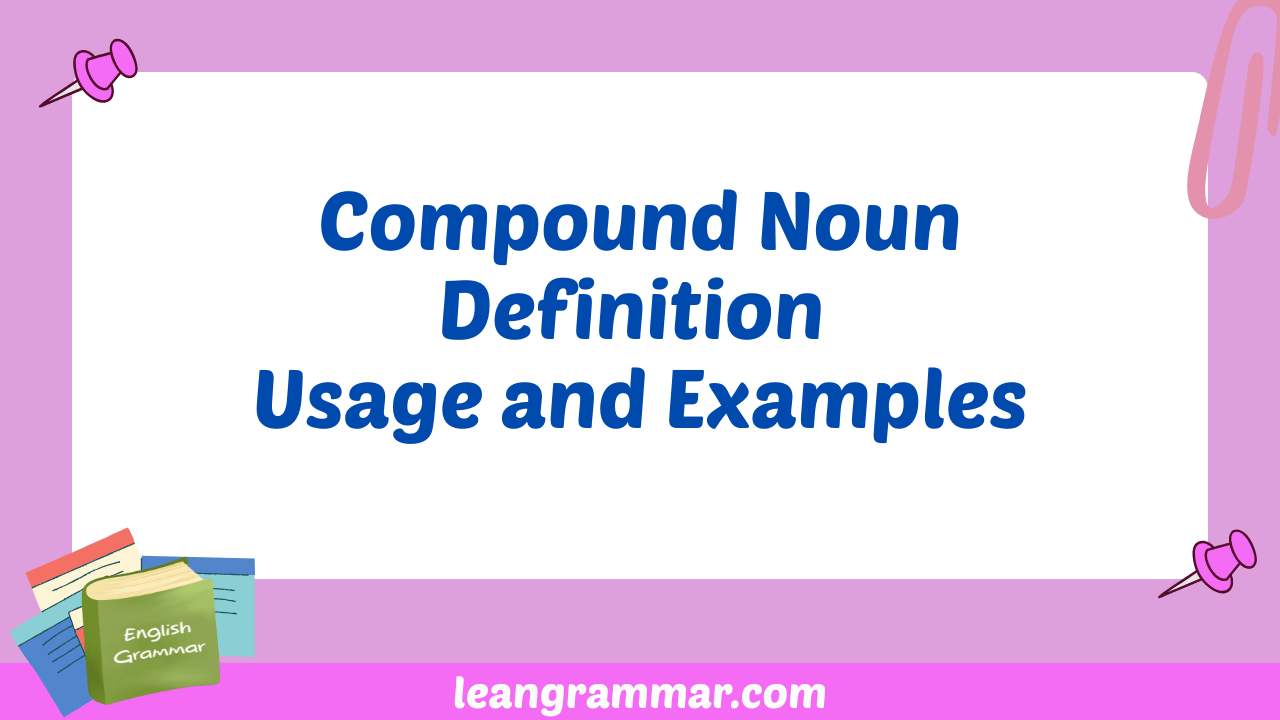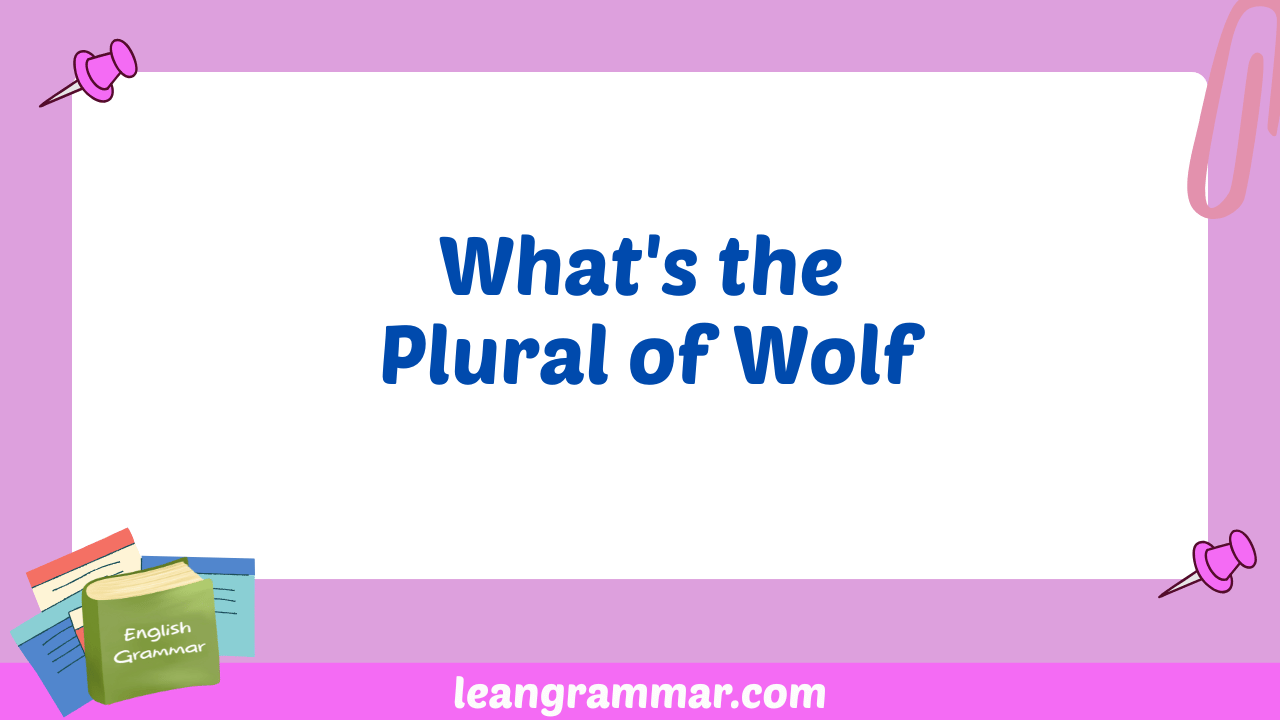Talking About Sports: ESL Practice Conversations
Discussing sports is a fantastic way for ESL learners to improve their English skills. Sports conversations naturally involve a wide range of vocabulary, grammar structures, and idiomatic expressions, making them an ideal context for language practice. Mastering this area not only enhances conversational fluency but also provides cultural insights into English-speaking societies where sports often … Read more
